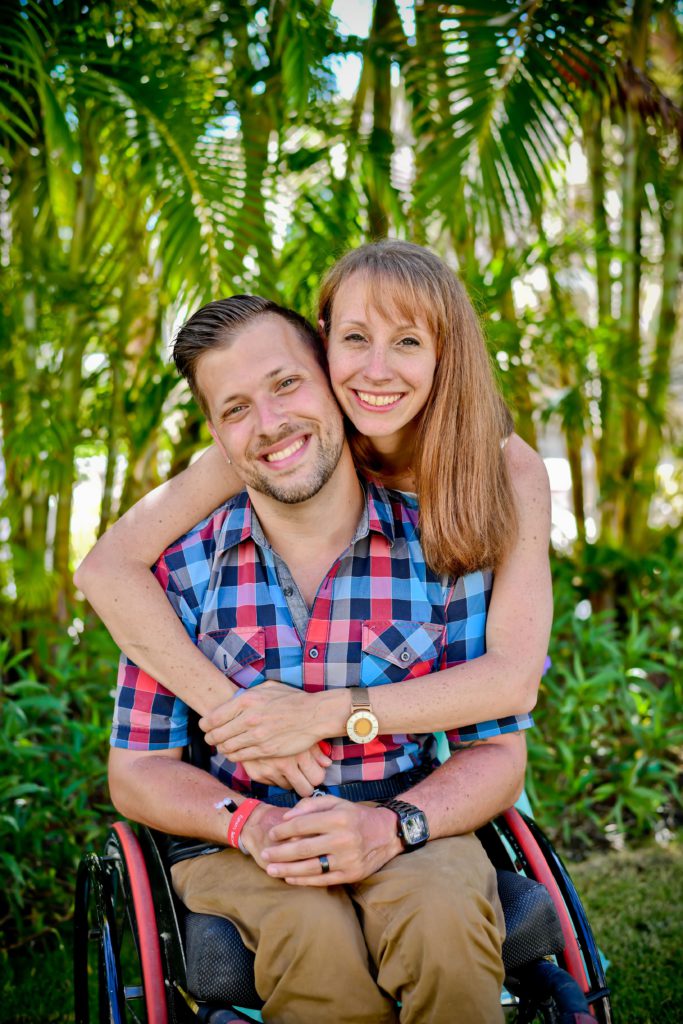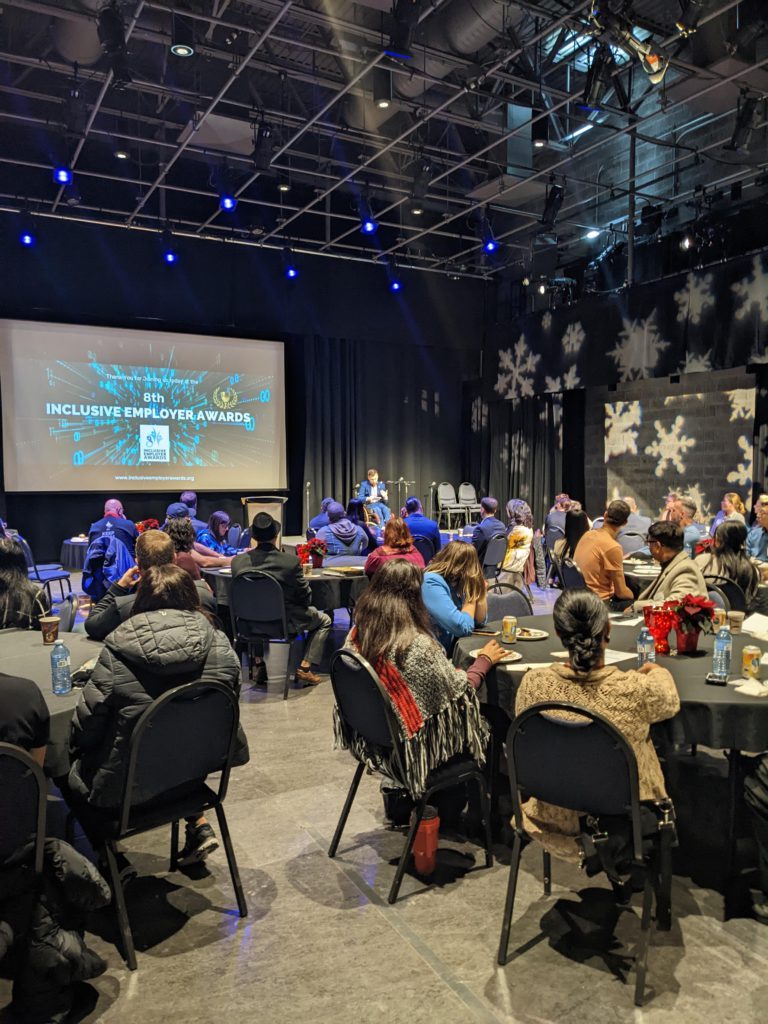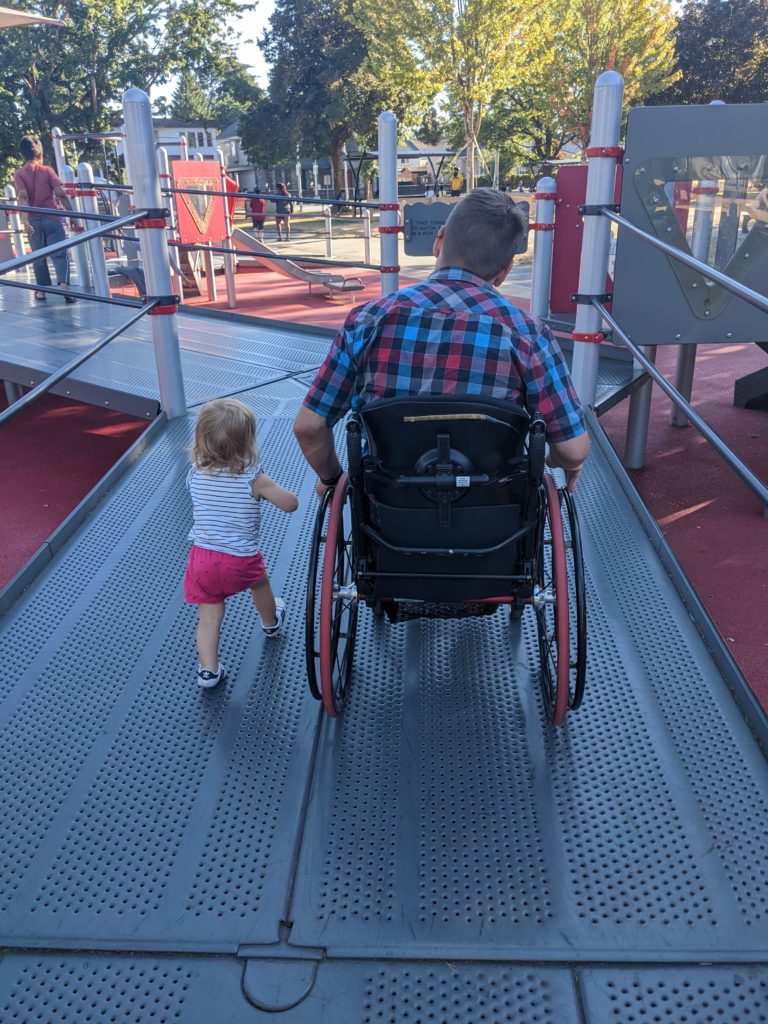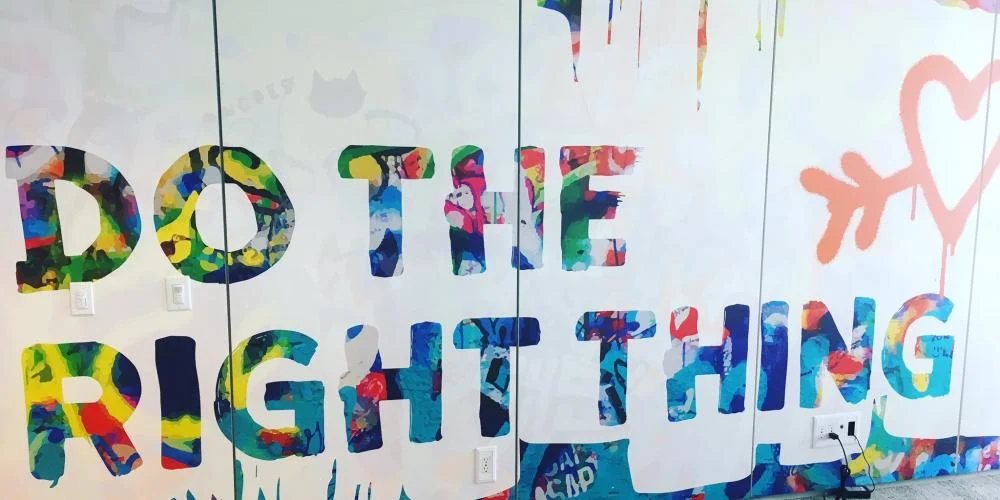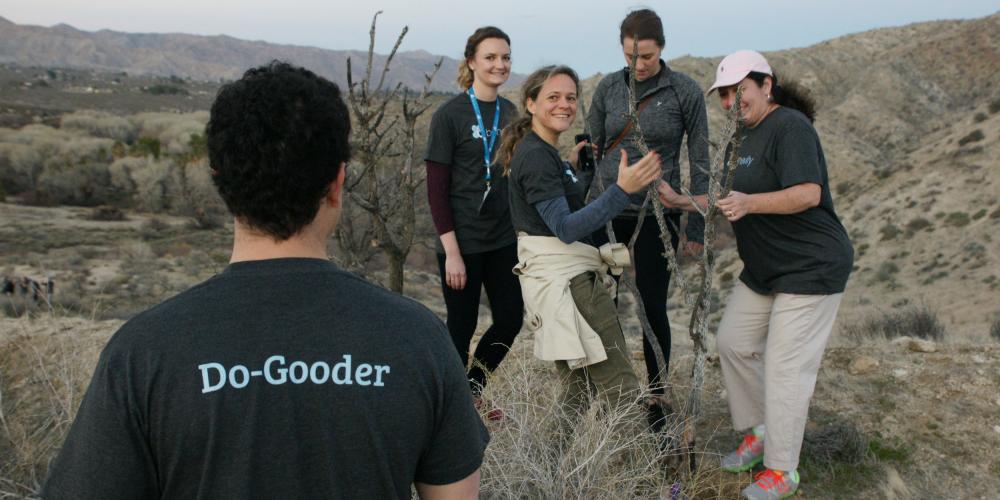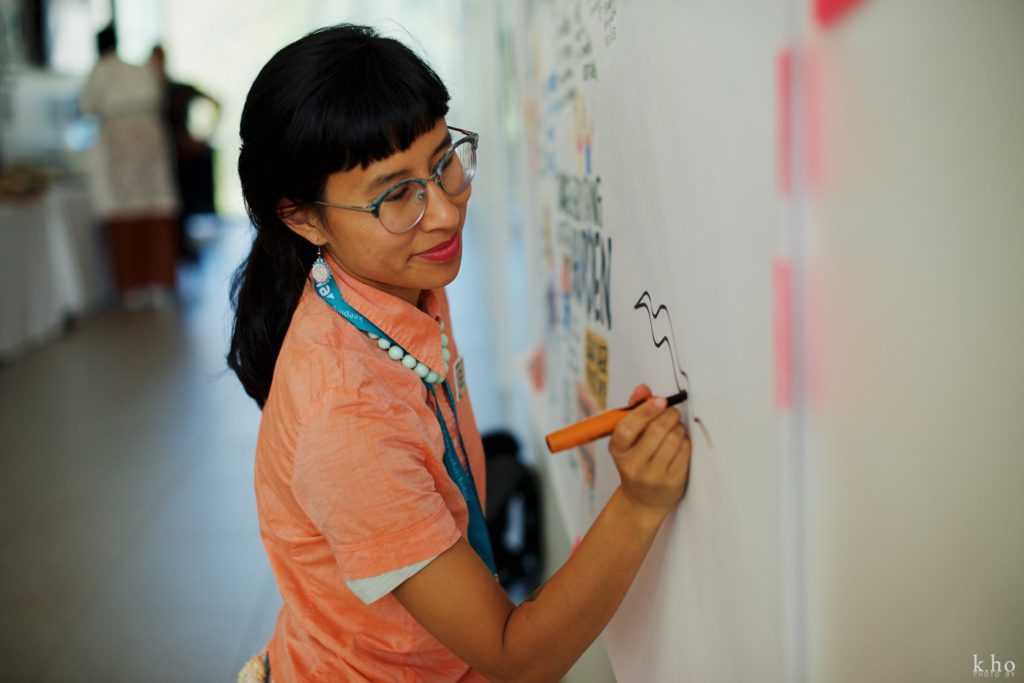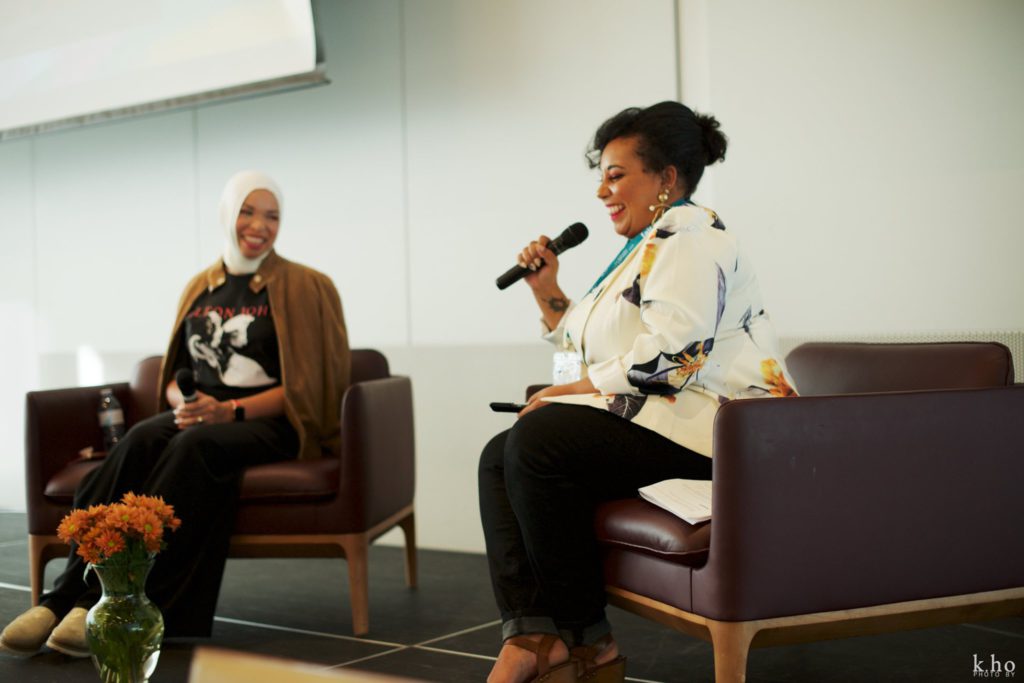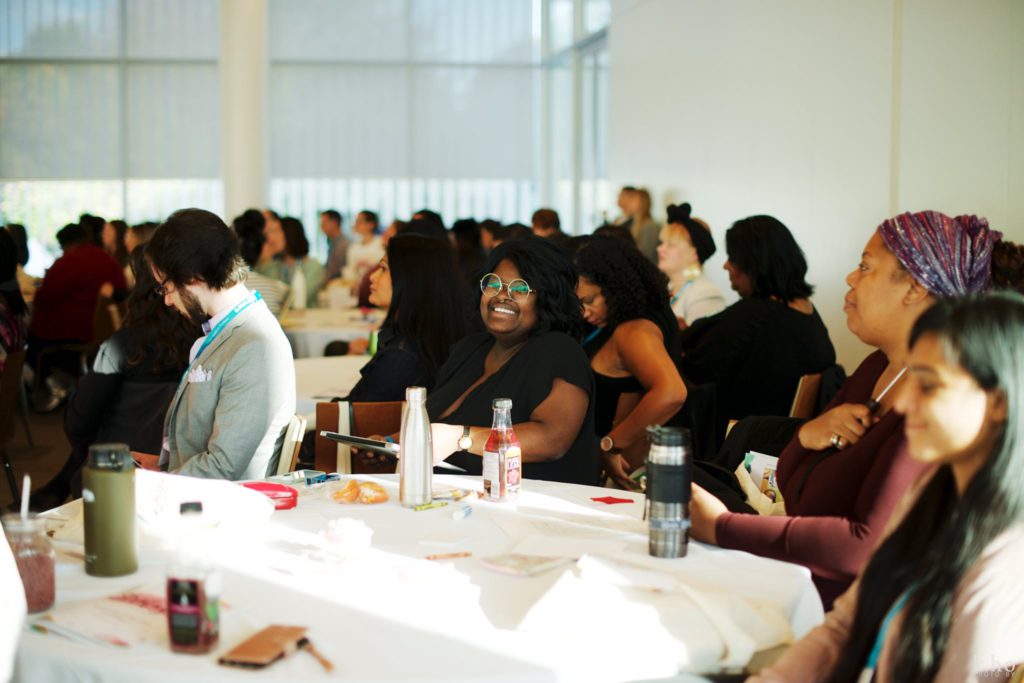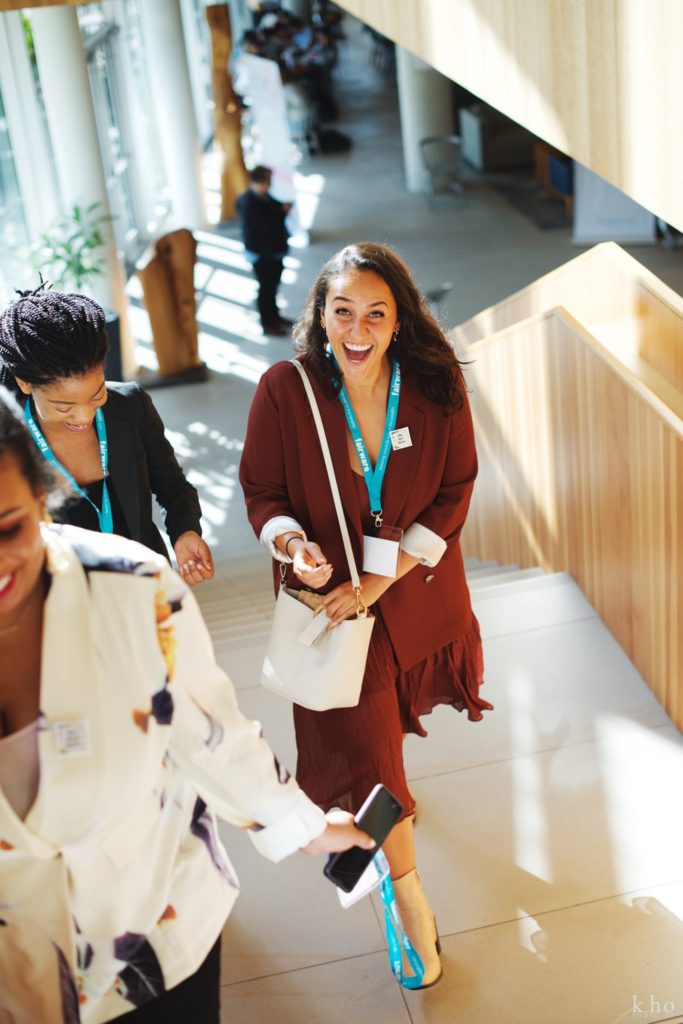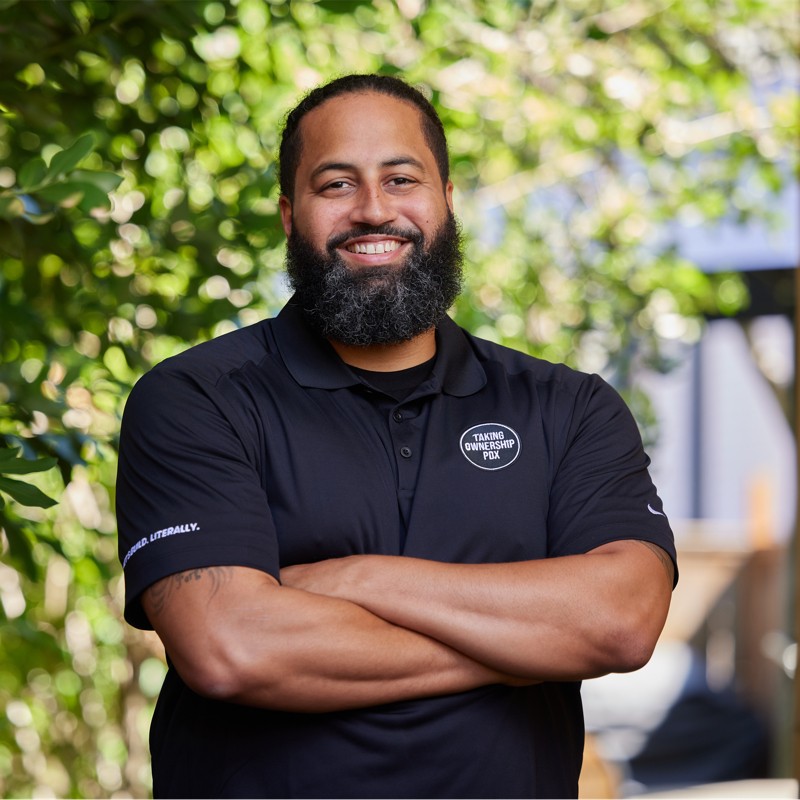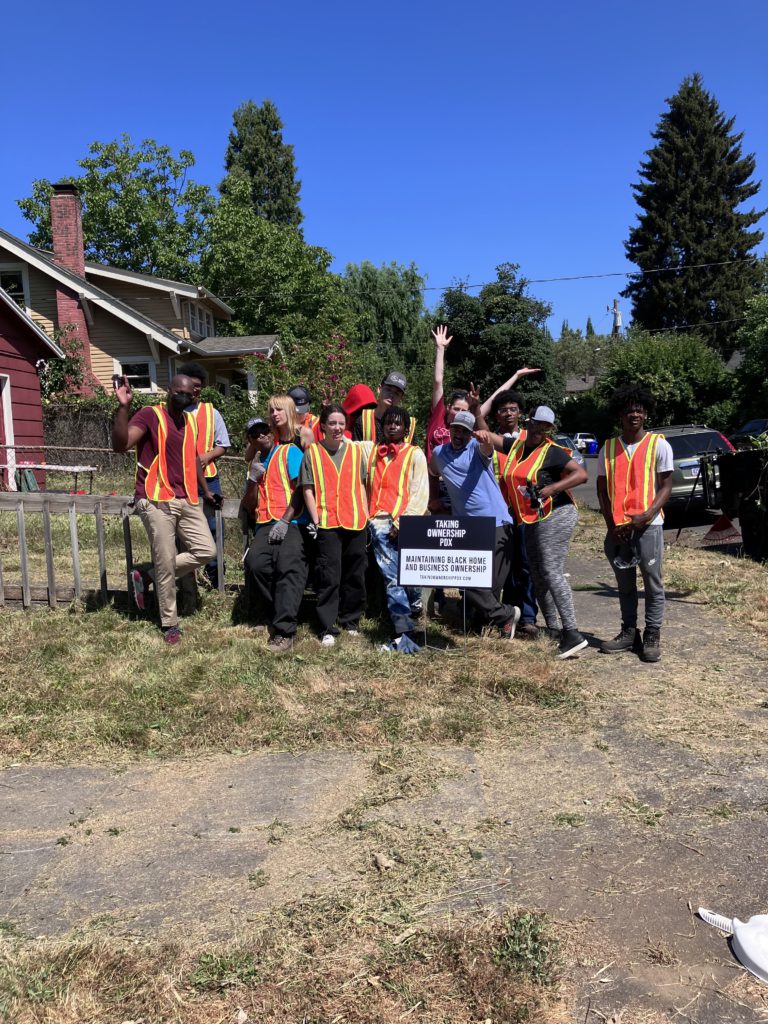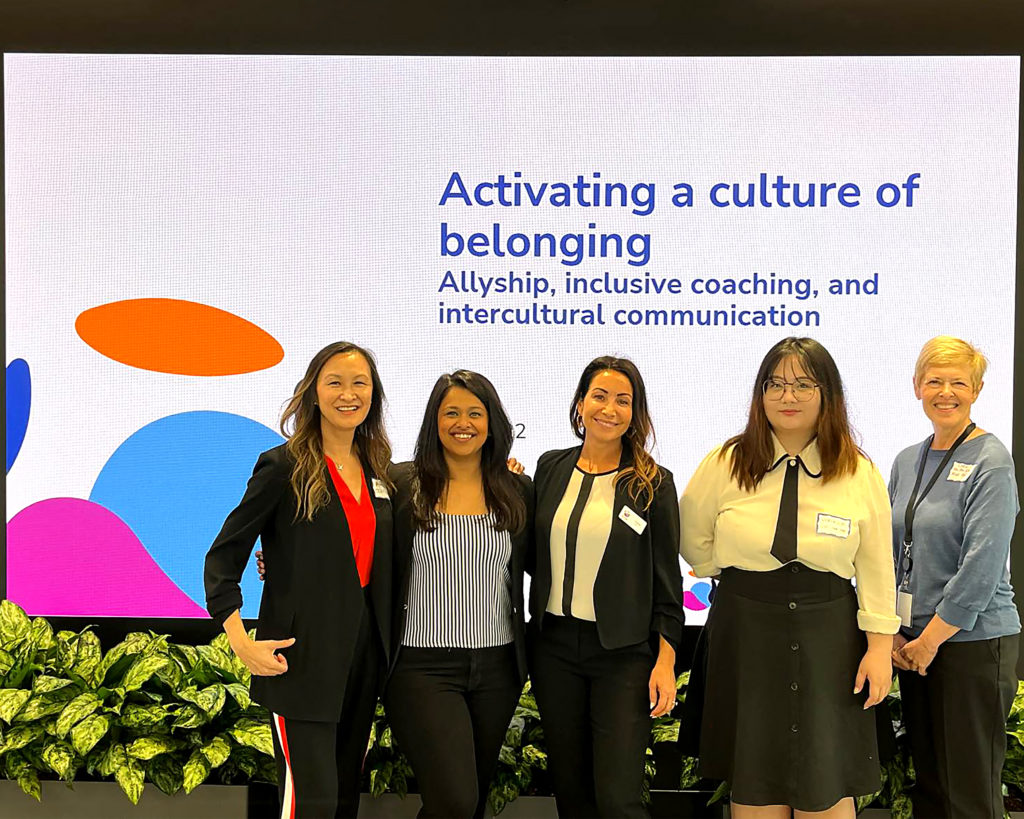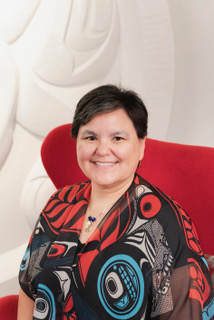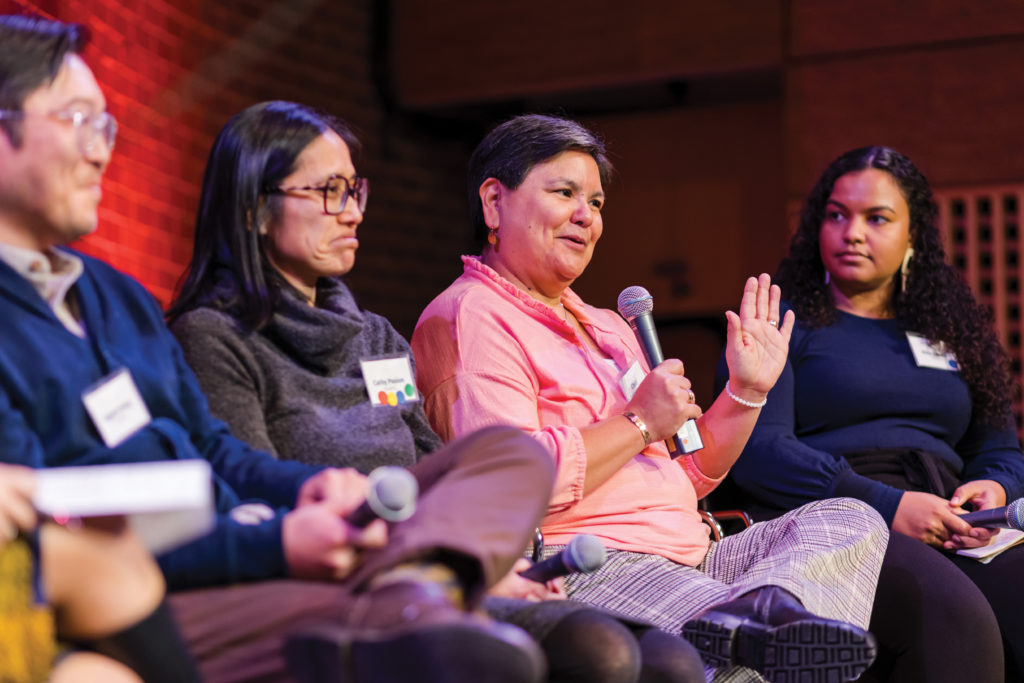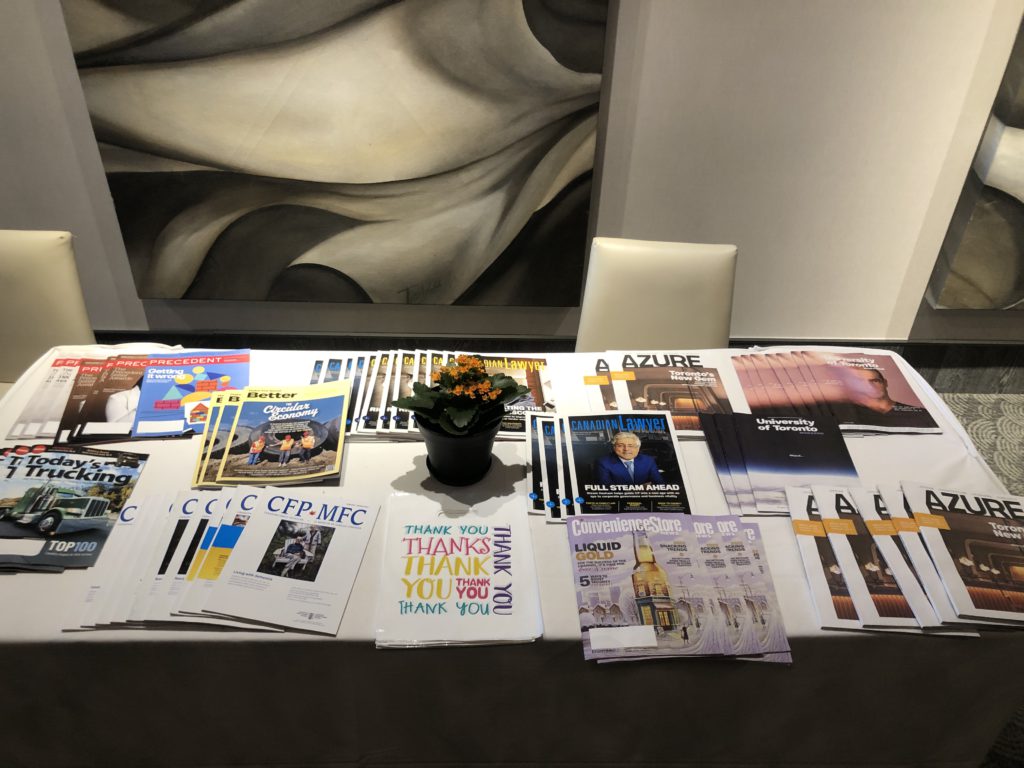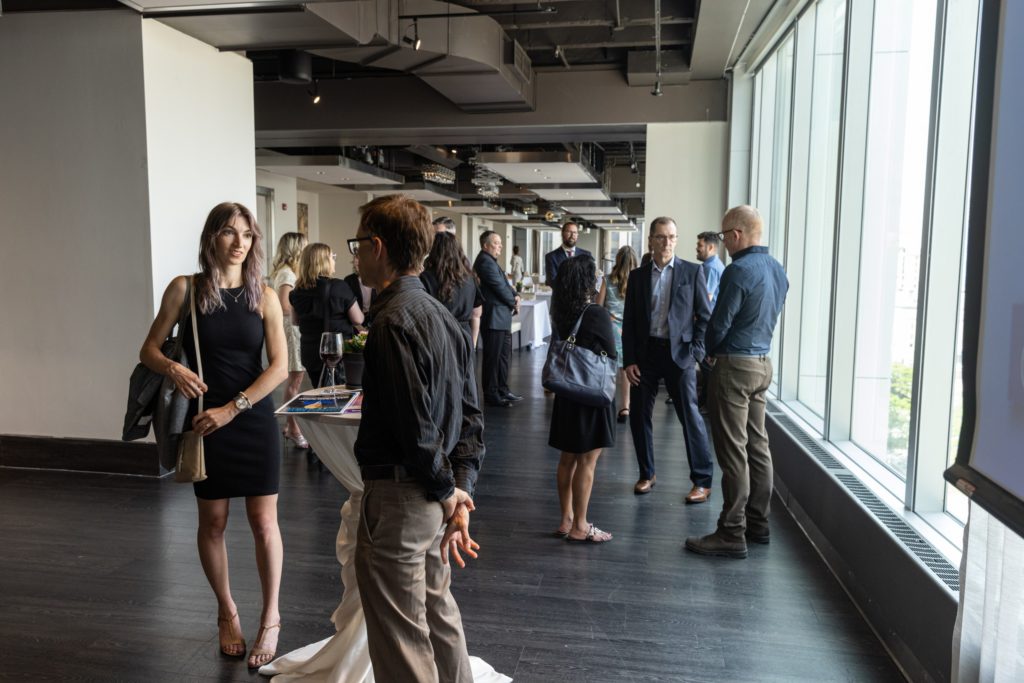Looking to find new ways to embrace the circular economy, support Indigenous communities, advocate for mental health, and more? Sparx has compiled a list of purpose-driven events happening this fall, both online and in-person, within Canada and globally, so you can deepen your education, uncover unique perspectives, connect and collaborate with values-aligned professionals, explore innovative strategies, and further your impact.
Keep scrolling to learn all about purpose-driven conferences and events taking place this October, November, and December.
October
Retail Sustainability Conference
Date: October 3
Location: The International Centre, 6900 Airport Rd, Mississauga, Ontario
Description: Hosted by Retail Council Canada, this full-day event seeks to unite and empower retailers and value chain partners by sharing best practices and sector-specific strategies that will help them advance ESG solutions, build resiliency, and increase sustainability.
Date: October 12
Location: Simon Fraser University (SFU) Harbour Centre, Vancouver, British Columbia
Description: Supported by the Department of Community Economic Development Programs at SFU, this event will dive deeper into subjects identified at last year’s event, including financing and sustainability, procurement and market opportunities, and more.
Untapped Workplace Inclusion Awards 2023 – 10th Anniversary Celebration
Date: October 13, from 8:00 AM – 2:30 PM PDT
Location: PARQ Vancouver, Vancouver, British Columbia
Description: Celebrate BC’s most diverse and inclusive workplaces at this half-day conference, featuring speakers, panels, breakout sessions, and networking opportunities, culminating with the awards luncheon at noon.
Ocean Global Canada Summit 2023
Date: October 16–19
Location: The Algonquin Resort, St. Andrews by-the-Sea, New Brunswick
Description: Convened by the Ocean Global Canada Lab, this event brings together global leaders and experts at the forefront of the sustainable blue economy to discuss best practices around environmentally responsible, commercially profitable, and socially acceptable outcomes in the ocean economy.
Responsible Investor Canada 2023
Date: October 17–18
Location: Chelsea Hotel, Toronto, Ontario
Description: Join leading banks, pension funds, insurers, and financial regulators to explore what strides are being taken by Canadian institutions on a range of emerging ESG innovations, investment opportunities, and best-in-class strategies.
CCAB Indigenous Women in Leadership (IWIL) Business Forum
Date: October 18
Location: The Westin Bayshore, Vancouver, British Columbia
Description: This event will honour First Nations, Inuit, and Métis business, political and nationally engaged women whose work has changed the lives of people in their communities and beyond. Enjoy an evening reception featuring entertainment, Indigenous food, networking, and more.
Date: October 18
Location: The VIFF Centre, Vancouver, British Columbia
Description: This hybrid purpose-driven event unites sustainability-minded film and television professionals from around the world to collaborate toward accelerating sustainability in the motion picture industry.
Date: October 18–20
Location: The Fairmont Château Lake Louise, Lake Louise, Alberta
Description: At this Lord of the Rings-themed sustainability event, enjoy educational sessions, a keynote from Jenn Harper (Founder of Cheekbone Beauty), exhibits, lightning talks, workshops, environmental tours and nature walks, and more.
Date: October 23–25
Location: Yerba Buena Center for the Arts (YBCA), San Francisco, California
Description: This event convenes the ecosystem of impact to strategize ways to drive urgent change for people and planet, as encompassed within the theme of “Facing Urgency: Impact at the Speed of Trust.”
CAMSC Supplier Knowledge Xchange
Date: October 25, from 1:00 PM – 2:00 PM EDT
Location: Online
Description: More details to be released on CAMSC’s website.
Accommodating Mental Health in Remote Work
Date: October 26, from 9:00 AM – 10:00 AM PDT
Location: Online
Description: In this webinar, learn ways to support, prioritize and accommodate your mental health, and the mental health of your employees, while working from home.
November
Date: November 1–2
Location: Vancouver Convention Centre East, Vancouver, British Columbia
Description: The annual Zero Waste Conference is back with a jam-packed agenda to inspire a new generation of changemakers ready to shape the future of sustainability. This year’s theme is “Climate Action Through Circularity” and will include keynotes, engaging interactive workshops, and illuminating innovator spotlights.
Scaling Up 2023 – The Future is Now – Canada’s BioEconomy Conference
Date: November 6–8
Location: Fairmont Château Laurier, Ottawa, Ontario
Description: Learn about the latest innovations and trends in bio-based industries and connect with experts and peers in the space at this conference, now in its eighth year.
Date: November 8–9
Location: Carriageworks, located on Gadigal Land in Sydney, Australia
Description: Join the responsible business revolution in Sydney, Australia this November with over 1,000 delegates driving cutting-edge impact innovation.
Uplift Women’s Business Summit
Date: November 14–15
Location: Victoria Conference Centre, Victoria, British Columbia
Description: This two-day summit aims to empower women in business by providing valuable resources related to financial literacy, investment guidance, and more. Learn from top female leaders, connect with like-minded women, and gain tools to make a positive impact in your career, business, and life.
National Philanthropy Day 2023
Date: November 15, from 11:00 AM – 2:00 PM MST
Location: Edmonton Convention Centre, Edmonton, Alberta
Description: To recognize National Philanthropy Day, this annual, non-competitive awards reception and celebration acknowledges and honours the achievements of individuals, foundations, corporations, fundraising volunteers, and nonprofit organizations who contribute their time, talents, financial support, and other resources to the community and beyond.
Date: November 21–23
Location: Westin Harbour Castle, Toronto, Ontario
Description: Hosted by the Indigenomics Institute, this event invites Indigenous Nations, economic development corporations, businesses, organizations, educational institutions, governments, and investment and pension firms to gather and activate the financial architecture of the $100 billion Indigenous economies, with a variety of sessions covering topics like Indigenous leadership spaces in ESGI and the Indigenous clean energy revolution.
December
Virtual Speed Networking for Purpose Driven Businesses
Date: December 4, from 2:00 PM – 3:00 PM GMT
Location: Online
Description: Connect with like-minded business owners who care about their social and environmental impact and help your businesses grow and create positive systemic change during this hour-long session, where you’ll be placed in one-to-one breakout sessions to meet five new business contacts.
Technology and Indigenous Development Summit
Date: December 5–6
Location: Metro Toronto Convention Centre, Toronto, Ontario
Description: This first-of-its-kind gathering invites Canada’s innovative tech sector to meet Indigenous leadership from coast-to-coast with a goal to address the unique challenges that remote First Nations face and innovative solutions currently being developed to address them.
Surrey Guildford – Resilient Women In Business Networking
Date: December 7, from 9:30 AM – 11:30 AM PST
Location: Ricky’s All Day Grill, Surrey, British Columbia
Description: Recurring on the first Thursday of every month, this networking event is all about supporting women with their business, regardless of level. After an educational session, attendees will participate in a group session to assist each other personally and professionally.
16 Days of Activism against Gender-Based Violence
Date: December 8, from 5:00 PM – 9:30 PM EST
Location: Metro Hall, Toronto, Ontario
Description: In recognition of 16 Days of Activism Against Gender-Based Violence, held between November 25 and December 10, this event combines networking, inspirational speeches, and interactive activities to support Immigrant Women In Business’s mission to unite women to be change agents in the world.
Date: December 14, from 3:00 PM – 5:00 PM EST
Location: 10C Shared Space, Guelph, Ontario
Description: At this monthly event hosted by 10C Shared Space (10C), a hub for community activators and changemakers in Guelph, members will have the opportunity to connect with like-minded professionals, expand their network, and learn new skills.
RSVP for a Free Consultation with Sparx
On a mission to make the world better? Our marketing experts can help make your impact story shine. Let’s talk purpose.


